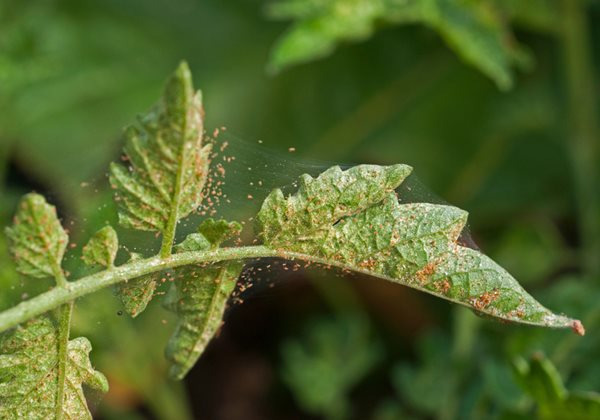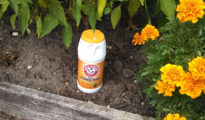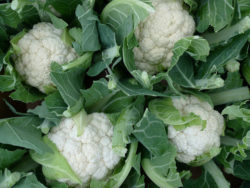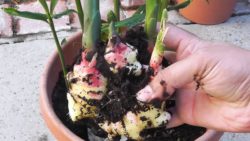Spider mites are tiny, spider-like creatures that can be a major problem for gardeners. These pests are known for their ability to reproduce quickly and cause significant damage to plants. In this article, we will discuss the characteristics of spider mites, the damage they cause, and the most effective ways to get rid of them.

Spider mites are members of the arachnid family, closely related to spiders and ticks. They are very small, measuring only about 0.4mm in length, and can be difficult to see with the naked eye. They come in a variety of colors, including red, yellow, and green, and they have eight legs and a pair of antennae. They are most active during hot, dry weather and can reproduce rapidly, with females laying up to 20 eggs per day.
What do Spider Mites Feed On?
Spider mites feed on the sap of plants, which can cause a variety of problems. They suck the sap from leaves, which can cause yellowing, leaf drop, and distorted growth. They also produce a fine webbing on foliage, which can make plants look unattractive. In severe infestations, spider mites can kill plants.
One of the biggest challenges of dealing with spider mites is that they can be difficult to detect. They are small and often hide on the underside of leaves, making them hard to spot. To check for spider mites, you can hold a piece of white paper under a leaf and tap the leaf gently. If spider mites are present, you will see small, moving dots on the paper.
How to Get Rid of Spider Mites
The first step in getting rid of spider mites is to take a preventative approach. Keep your garden clean and free of debris, as this can attract spider mites and other pests. Also, keep an eye out for new plants that may be infested with spider mites and inspect them carefully before bringing them home.
Natural Ways to Get Rid of Spider Mites
One of the most effective natural ways to get rid of spider mites is to introduce beneficial insects into your garden. Ladybugs, lacewings, and parasitic wasps are all known to feed on spider mites. You can purchase these insects from a garden center or online and release them into your garden.
Companion Planting
Another natural method is to use companion planting. Certain plants, such as marigolds, can help repel spider mites. Planting these plants near the ones that are most susceptible to spider mites can help keep them at bay. You can also make a homemade spray using garlic, chili pepper, or soap and water and spray the plants to deter spider mites.
Chemical Pesticites
If natural methods are not working, chemical pesticides can be used as a last resort. However, it's important to use these products carefully and only when necessary, as they can harm beneficial insects and other wildlife. Always read and follow the instructions on the label, and never use more than the recommended amount. When applying pesticides, be sure to target the pests directly and avoid spraying flowers and other desirable plants.
One of the most effective chemical pesticides for spider mites is horticultural oil. This is a refined mineral oil that suffocates the spider mites by coating them. It is safe to use and effective when used properly. Another chemical pesticide that is effective is insecticidal soap. Insecticidal soap is a mild detergent that disrupts the spider mites' cell membranes and causes them to dehydrate.
In conclusion, spider mites can be a major problem for gardeners, but with the right knowledge, you can successfully get rid of them and protect your plants. Remember to take a preventative approach, try natural methods first, use chemical pesticides only as a last resort, and take steps to prevent future infestations. Keep an eye out for symptoms of spider mites, such as yellowing leaves, leaf drop, distorted growth and webbing on foliage, and take action immediately. Remember to also check for spider mites on the underside of leaves, as they often hide in these areas. With the right combination of preventative measures, natural control methods and strategic use of chemical pesticides, you can effectively eliminate spider mites from your garden and protect your plants from future infestations. Happy gardening!



















